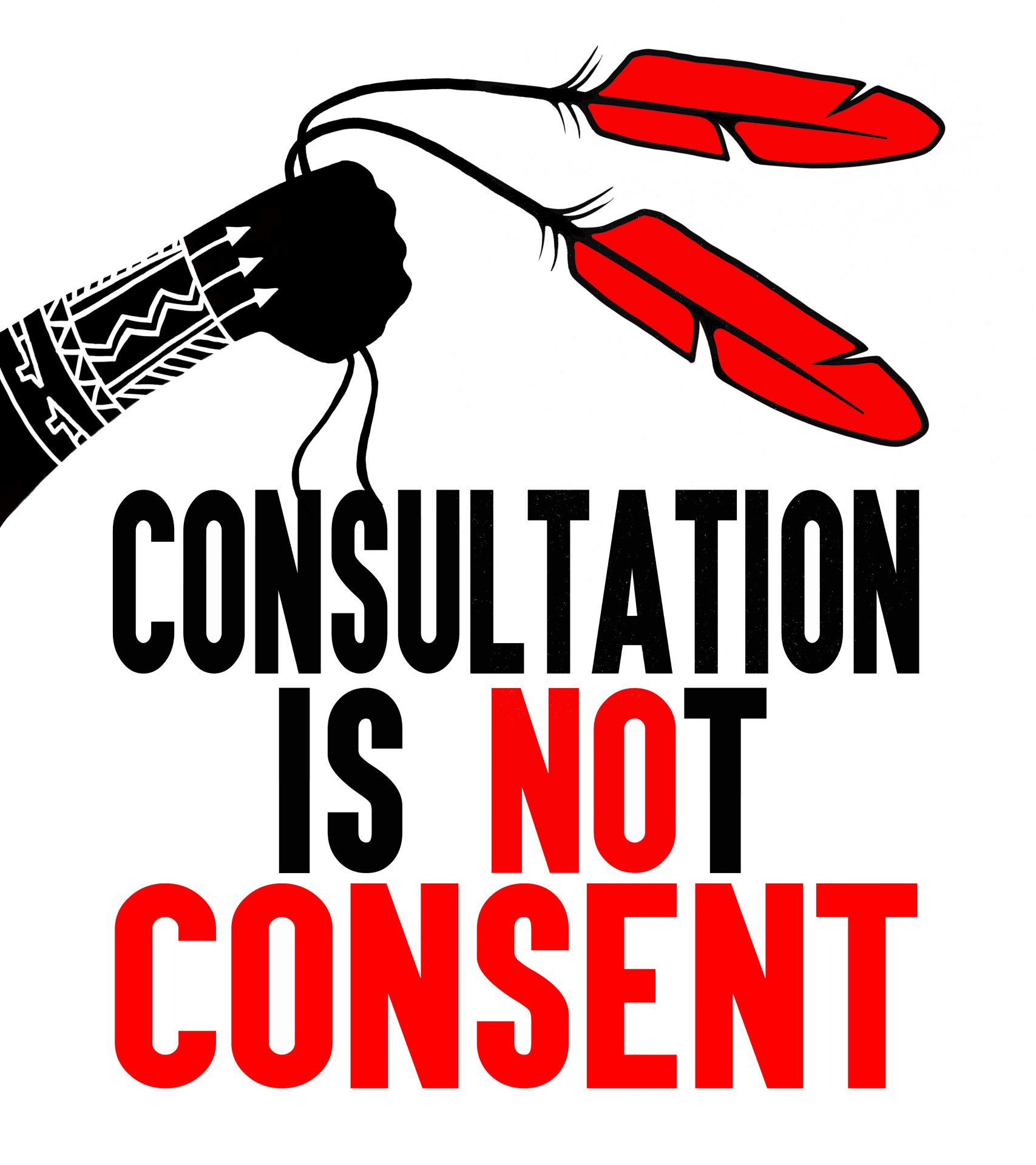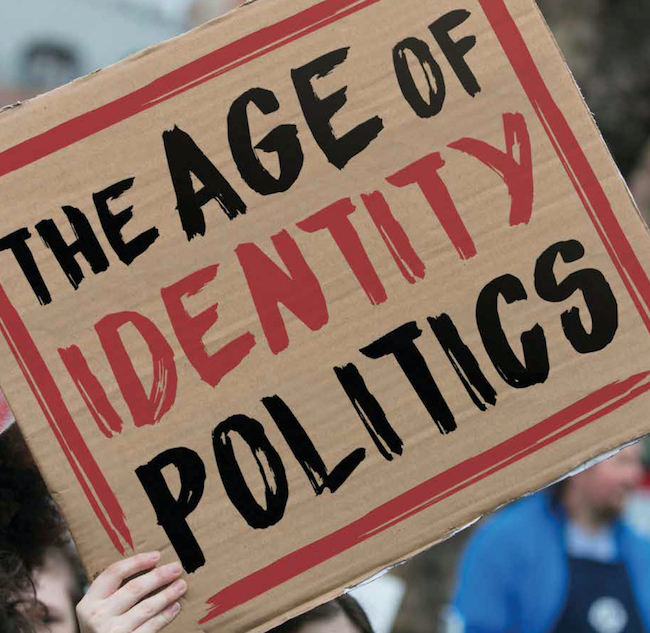To leave no-one behind, everyone, everywhere at every age.
To create a one world system socialist blueprint, this is being implemented across government by all members of parliament in Central and Local Government. This is now appears to look like a socialist/ communist top down state of cultism a global socialist distribution of wealth and global governance being forced upon all populations across the world from every direction possible. Todays NZ Herald full page spread authored by the Consulate General of the Peoples Republic Party of China in Auckland (The CCP) titled in very large font heading ‘China’s Reforms Creates Opportunities For The World in changing the turbulent International Environment. Diversified Development opportunities proposing a Chinese Solution’ for the path to modernization.
Chinese characteristics based on its own Chinese characteristics for all peoples, inclusive global governance system all countries building a more open inclusive world. Embraced by the World Bank, Goldman Sachs, implementing China’ Socialist strategy through science and education. China (The CCP) will be working with NZ and other countries to inject impetus into the world economy. hinese businessman courted mayors across NZ (Stuff NZ 16 June 2024) Foreign interference by China in New Zealand. Zhang Yikuns interests in befriending politicians went far beyond large donations to Labour and National Parties. He formed close relationships with Mayors across NZ, cultivating relationship on behalf of Chinese officials.
Phil Goff a former Labour Minister and Auckland Mayor was about to become NZ’s High Commissioner to the UK and Eric Roy ex National MP, both signed Zhangs nomination for a Royal Honour, and formers Southland Mayor Gary Tong went on two trips to China with the businessman. Iwi/Maori Activist Tame Iti went on a trip with Tong and so did John Tamihere when Zhang was sentenced on a charge of obtaining by deception, in relation to $100,000 donation to the National Party made in June 2018. Of course the conviction was squashed by a Court of Appeal in November 2023. Zhang cultivated relationships with influential leaders whom held prominent roles with organizations tasked to carry a united front, decades long strategy of the Chinese Communist Party to build influence and promotes its self interested ambitions. Thus the united front to promote the CCPs influence in NZ has been years in the making
NZ HERALD 8th August 2024 brings to the public’s attention that China’s modern day reform working with NZ and other UN Nation State leaders to implement the accelerated Socialist Blueprint for a One World Global Governance.. westernized world with CCP characteristics. China’s strategy for governing countries over half of China’s population live in cities compared to 1/5th before China’s reform process. Luxon speaking at the podium of a joint news conference 13th June 2024 standing alongside him was visiting Chinese Premier Li Qiang “China is a very important citizen in the global community plays a huge role in global issues as well as with Ukraine and Russia. Issues where I think China can actually play a significant role and needs to is as a significant major power in the world today” says Luxon.
Luxon hoped to connect with President Xi Jinping in November at APEC and looked to go to China early next year. Luxon raised China’s joint Digital Economy Partnership Agreement.(Called the Auckland Principles). Revisiting NZ Parliamentary history. 14th June 2022 David Seymour as Speaker of the House (Beehive) “Moved that the House be gravely concerned about the severe Human Rights abuses taking place against Uyghurs and other ethnic and religious minorities in the Xinjiang Autonomous Region, as David Seymour sought serious debate in the House about this.
All political parties in the House agreed to participate in this serious debate. Saying we were elected by the people of NZ to debate freely and fearlessly, just so long as we do not offend the Chinese Communist Party (CCP). It was said that “this is not a criticism of the country of China or of the Chinese People or our Kiwi Chinese neighbours. It is about the Chinese Regime, the Chinese Communist Party. A voice of conscience echoing out “Mr Speaker, our conscience requires that we support this motion. We know that a genocide is taking place. The evidence is voluminous, from multiple sources, and credible. Genocide does not require a war. It does not need to be sudden, it can be slow and deliberate, and that is what is happening here.
New Zealand and China both signed the Convention on the Prevention and Punishment of the Crime of Genocide, in 1949. It gives an internationally agreed definition of genocide. Any of the following acts committed with the intent to destroy, in whole, in part, ethnical, racial or religious group such as
(1) Killing members of that group (2) Causing serious bodily or mental harm to members of the group (3) Deliberately inflicting on the group conditions of life calculated to bring about its physical destruction in whole or in part. (4) Imposing measures intended to prevent births within the group. (5) Forcibly transferring children of the group to another group… Not one but all of these occurring in Xinjian this is evidential according to multiple resources.
Also there has been a history of mass imposition of contraceptive devices upon Uyghur women, forced sterilization. The Parliaments of Canada, the United Kingdom, and the Netherlands have all passed motions condemning the Chinese Communist Party for genocide. Act Party stated “We may face the threat of losses for speaking our mind, but we face much greater danger if we do not”. However the Labour party watered down ACT Party’s China Genocidal parliamentary motion (4/3/2021 Stuff News)
The wording of genocidal was replaced by a motion with MPs confirming the description of the CCP committing genocide to ‘Possible Human Rights Abuses’ are occurring. It was ACT Party Brooke Van Velden who submitted the motion to Parliament for MPS to debate, which became extremely watered down and very blurry. All other parties supported the watered down version.
It is undeniable genocide has and is taking place in China by the CCP, and there is much suffering from horrific inhumane practices, more than a million people are estimated to be detained in camps (detention camps named re-education centres). Its not rocket science, can’t damage trade relations with China after all what is a million or so’s peoples human life of premature death, massive torture and million or so imprisoned. Again watering it down the UN Human Rights Council report in 2022 “the Chinese State MAY BE responsible for committing crimes against humanity”. After-all the CCP’s overall plans of building socialism with Chinese characterizes across the western world. Sustainable Development Knowledge Platform (UN) China’s remarkable achievements in implementing the 2030 Agenda are attributed to the strong leadership of the Communist Party of China. With the CCP realizing the Socialist modernization from 2020 through to 2035, a grand socialist blueprint of international global development
China’s global development initiative provides a blueprint that accelerates the implementation of the UN 2030 Agenda for Sustainable Development worldwide. (The NZ across Government participation with CCP modernization westernized blueprint of global socialist dictatorship with Chinese characteristics. NZ Govt and other UN Nation States builds China’s Socialism into leading the world to accelerate Ahenda 2030. A Socialist Blueprint.
New Zealand Herald 8th August 2024 full page spread placed by the Consulate General of the Peoples Republic of China (The CCP Communist Party) titled CHINA’S REFORM CREATES OPPORTUNITIES FOR THE WORLD. Chen Shijie, Consul General of the Peoples Republic Of China in Auckland located in Ellerslie Auckland. China’s vision for a New World Order. Agenda 2030 for global sustainable development for all nationalities to create a Socialist/communist world.
Its obvious that across all political parties there is no moral conscience, a wealth before health approach to globalization – UN Agenda 2030 official partnership between WEF/UN with the leading driver is the CCP a global Socialist/Communist One World Governance, with NZ MPs across the House puppets of implementing participating in this global strategy of massive surveillance of citizens and a westernized Chinese Socialist Social Credit System
https://www.stuff.co.nz/national/politics/125028833/labour-waters-down-acts-xinjiang-genocide-parliamentary-motion
https://ishr.ch/latest-updates/one-year-after-un-xinjiang-report-release-pressure-on-china-at-the-un-remains-steady/
https://www.act.org.nz/act-deputy-leader-statement-on-xinjiang
https://www.rnz.co.nz/news/political/519468/watch-pm-christopher-luxon-and-premier-li-qiang-speak-at-conference
https://www.stuff.co.nz/nz-news/350310400/chinese-businessman-courted-mayors-across-new-zealand
https://www.wheelersbooks.co.nz/product/Chinas-New-Strategies-for-Governing-the-Country-Jun-Feng/9781910760208
...





